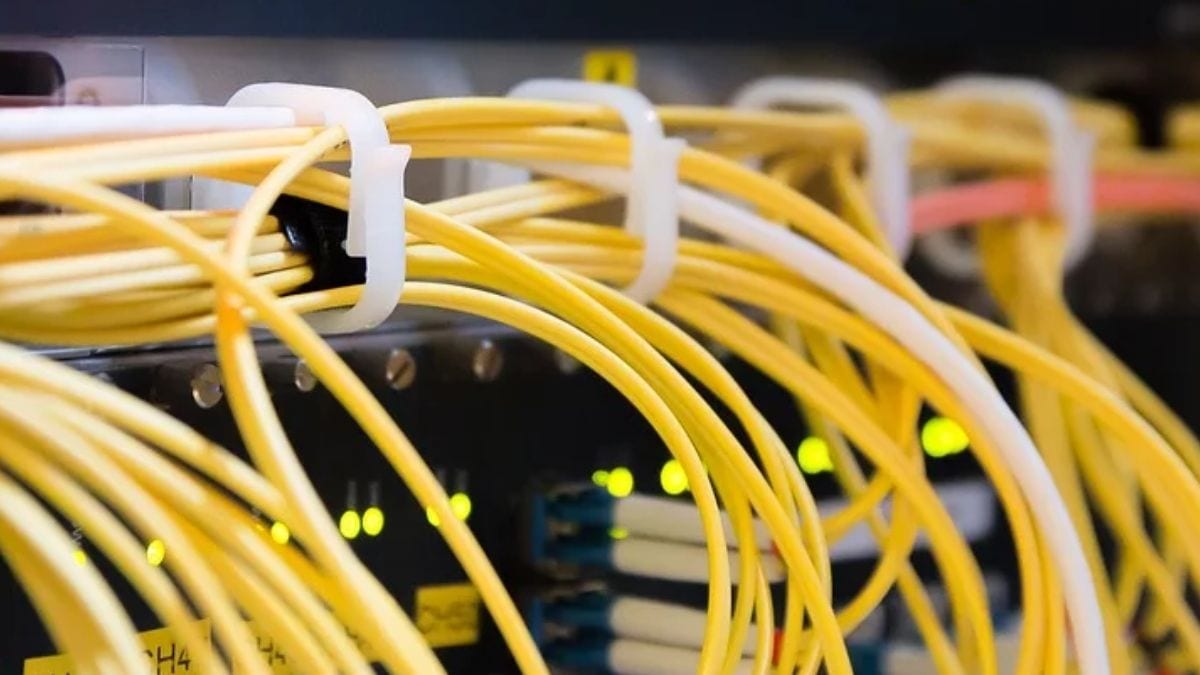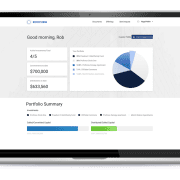Hardware VPNs or Software VPNs? What’s the Best Option?
When talking about VPNs, you might hear people referring to either “software VPNs” or “hardware VPNs.”
Fancy and interesting terms, but what do they mean exactly?
Well, this quick 5-minute article will tell you everything you need to know about them (including which option would be ideal for you).
What Is a Software VPN?
Software VPN is the app you use to run VPN connections on your device. VPN providers or independent developers create software VPN and make it available on their websites. Pre-installed clients on your operating system also count as software VPN.
I should also mention that VPN software is what VPN providers use on their servers to establish and handle client-server communications. That’s not really of interest to you, but it’s useful info to know.
What Is a Hardware VPN?
Hardware VPNs are devices with dedicated processors that offer VPN, and firewall features. Unlike software VPN, they are completely standalone. That means they can handle every single VPN function on their own.
To give you an idea of how hardware VPNs look like, here’s a good example – the hardware VPN from Zyxel.
Which Type of VPN Is Better Suited for You?
Well, just reading the definitions won’t help you make a decision on the spot, so I’ll compare the two types of VPNs with a focus on user convenience.
Alright, so let’s get started:
1. Software VPNs Are Much Cheaper
Let’s get one thing straight – hardware VPNs are not budget-friendly at all. Just one of them might cost anywhere between $100 and $500. If you’re looking for high-end features, the price can easily go over $1,000.
Sure, you might (emphasis on might) find hardware VPNs that cost less than $100. But don’t expect them to be as powerful as their more expensive counterparts.
And while a cheap hardware VPN can be a good option for your home network, software VPNs are still better price-wise. I mean, at most you’re looking at anywhere between $3 and $9 per month. Usually, the longer the subscription period, the cheaper the price.
Now I know what you’re thinking – if you use software VPNs, won’t you need to pay for tons accounts for all your employees?
Well, not really. Depending on the service you pick, you can get support for multiple simultaneous connections, like six or seven. In fact, some VPN providers might even offer you unlimited connections.
2. Setting Up the Hardware VPN Is No Walk in the Park
If you’re expecting to just buy the thing, set it in your home or office, turn it on, and relax, you’re in for a nasty surprise.
Basically, if you want to set up a hardware VPN, you’re going to need an experienced IT team by your side. You can try to handle everything on your own, but if you make a mistake, you’ll end up with annoying errors and unsecure VPN connections.
Plus, get this; hardware VPNs don’t have the same configurations like corporate firewalls and routers. So, even a skilled IT team might need some extra training to get everything 100% right.
And that’s not all. Once the hardware VPN is set up and running, the job isn’t done. You’ll still have to configure your network to accommodate the new addition. Also, you’ll need at least one dedicated person to monitor the hardware VPN and perform maintenance when needed.
I mean, you can do it yourself, but it’s going to start feeling like a full-time job fast (it pretty much is anyway).
Well, on the plus side, once you handled everything, you get instant remote access whenever you want.
Though, that pales in comparison to software VPNs. You just download and install the client, run it, connect to a server, and that’s pretty much it. Takes just a few seconds at best, or a few minutes at worst.
3. Both Software and Hardware VPNs Offer Good Security
There’s really not much difference between them. Sure, hardware VPNs use dedicated connections, so you could say it’s a bit safer because you’re not sharing the VPN server with tons of other strangers.
But here’s the thing – there are also risks associated with a hardware VPN.
For one, connection errors can pop up if the IT team didn’t properly set up or monitor the device. What’s more, cybercriminals actually prefer targeting hardware VPNs.
With software VPNs, you can at least relax knowing the VPN provider is taking care of everything for you.
4. Business-Wise, Software VPNs Are More Scalable
If you’re running a small business, you get better scalability with software VPNs. If you hire more people, you just have to get some extra subscriptions to cover the new remote connections.
With hardware VPNs, things aren’t as simple. You’ll need to spend money on add-ons to support the new employees. And if your company really grows, you’re going to have to just buy an extra hardware VPN (or more), or a new model that supports more connections.
The Bottom Line
Overall, I’d say that there’s no need to use hardware VPN if you’re an average online user. I mean you can do it if you have the money and skills, but let’s be honest – hardware VPNs are more suitable for large companies with very skilled IT teams and large budgets that want dedicated VPN connections.
As a regular Internet user, you’re better off with software VPN. It’s cheaper and easier to set up. Plus, you can even use it for your business to secure your VoIP calls, get around geo-blocks, do SEO research, and encrypt remote employee connections to your network – not to mention save money too.
If you need help to find reliable software VPNs, take a look at ProPrivacy. The website has tons of useful guides, and reviews that will help you make a smart decision.













Leave a Reply
Want to join the discussion?Feel free to contribute!